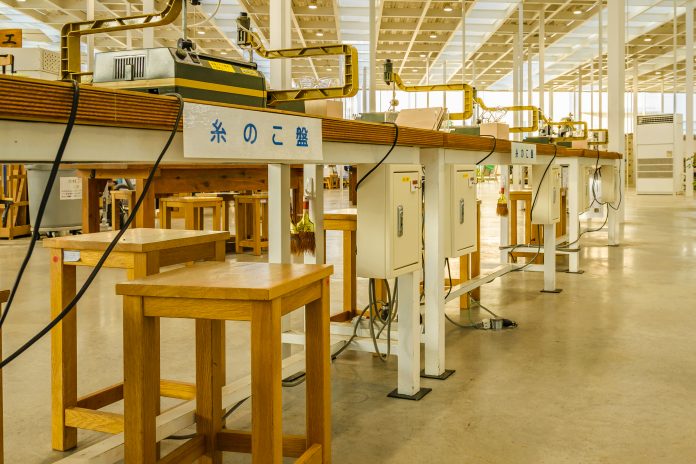Japan’s Ministry of Education, Culture, Sports, Science and Technology (MEXT) has stressed the importance of being a world leader in science and technology. Here, Open Access Government look into why this is the case
Japan’s economy and society are in a period of great change. The most pressing issues in Japan today are energy, resources, food limitations, a declining birth rate and ageing population, and the impoverished rural economies and communities. Due to these issues, Japan’s world standing in science and technology has recently slightly fallen, just as other countries are further strengthening their science, technology and innovation (STI) policies.
However, as it has been in the past, Japan must continue to be a country that constantly contributes to the advancement of mankind, by proactively applying its STI ability to respond to global issues and improve the quality of life in developing nations. Furthermore, Japan strives to actively contribute to sustainable world growth.
The Science and Technology Policy Bureau is part of Japan’s Ministry of Education, Culture, Sports, Science and Technology (MEXT), and is responsible for planning and designing the basic policies to promote science and technology within Japan. It intends to develop human resources in science and technology, benefitting anyone from students to lead researchers and engineers, and strategically promotes international activities and the promotion of science and technology in many different regions. The main priorities for science and technology development in Japan are as follows:
- Policy division.
- Planning and evaluation division.
- Research and development infrastructure division.
- University-industry collaboration and regional R&D division.
- Human resources policy division.
Human resources
The latter of these points – the development of human resources – is particularly prominent within MEXT at present. This is because to be a world leader in science and technology even with its population decreasing, it is extremely important for Japan to foster and secure human resources in science and technology and promote their activities. MEXT is, therefore, working on comprehensive human resources development measures spanning everyone from children to leading researchers and engineers. Developing the talents of young children and broadening the horizons of those who are interested in science, fostering environments where diverse people including young, female, and international researchers can exercise their abilities, and promoting a professional engineer system, will all help to create a strong knowledge infrastructure.
Science and technology policy in Japan is administered comprehensively in a planned manner following the Science and Technology Basic Plan, which is determined every five years based on “The Science and Technology Basic Law.” The government formulates each basic plan by anticipating challenges of the next decade, putting into effect science and technology policies over a five-year period. It is now over 20 years since this was enacted, and Japan over this time has significantly advanced its science and technology policy, contributing to development in both Japan and across the world. Japan has the world’s second most Nobel Prize laureates in the natural sciences in the 21st century which is a testament to its great presence in science and technology in the world.
Currently, the fifth Science and Technology Basic Plan is in effect from FY 2016 until FY 2021. In the fifth Science and Technology Basic Plan, STI is strongly promoted as a major policy for the economy, society, and the public. A culture of “boldly challenging the future” is being cultivated to create future industries and transform society, and this Basic Plan has four pillars to help advance this:
- Acting to create new value for the development of future industry and social transformation.
- Addressing economic and social challenges.
- Reinforcing the “fundamentals” of STI.
- Building a systemic virtuous cycle of human resource, knowledge, and funding for innovation.
To realise each of these goals, efforts are being made to enhance basic research while developing human resources and focusing on individual fields. As mentioned above, Japan’s future competitiveness is contingent upon the utilisation of its human resources, knowledge, funding domestically and abroad, the creation of new value and the prompt implementation of these new values in society as part of the progressing global initiatives for open innovation. To bring this about, a system must be built to circulate personnel, knowledge, and funds beyond all barriers, and for Japan to create innovations one after another. This will be achieved through building on real collaboration.
University-industry-government collaboration
MEXT Minister HAGIUDA Koichi also wants to prioritise the promotion of industry-academia-government cooperation to successfully bring the fruits of university research to society and to also revitalise university education and research. MEXT is working to strengthen this cooperation and create an environment in which universities can independently participate in STI. This will also actively aid joint research between universities and businesses for the practical application of research results and specialist support regarding technology transfer and intellectual property.











